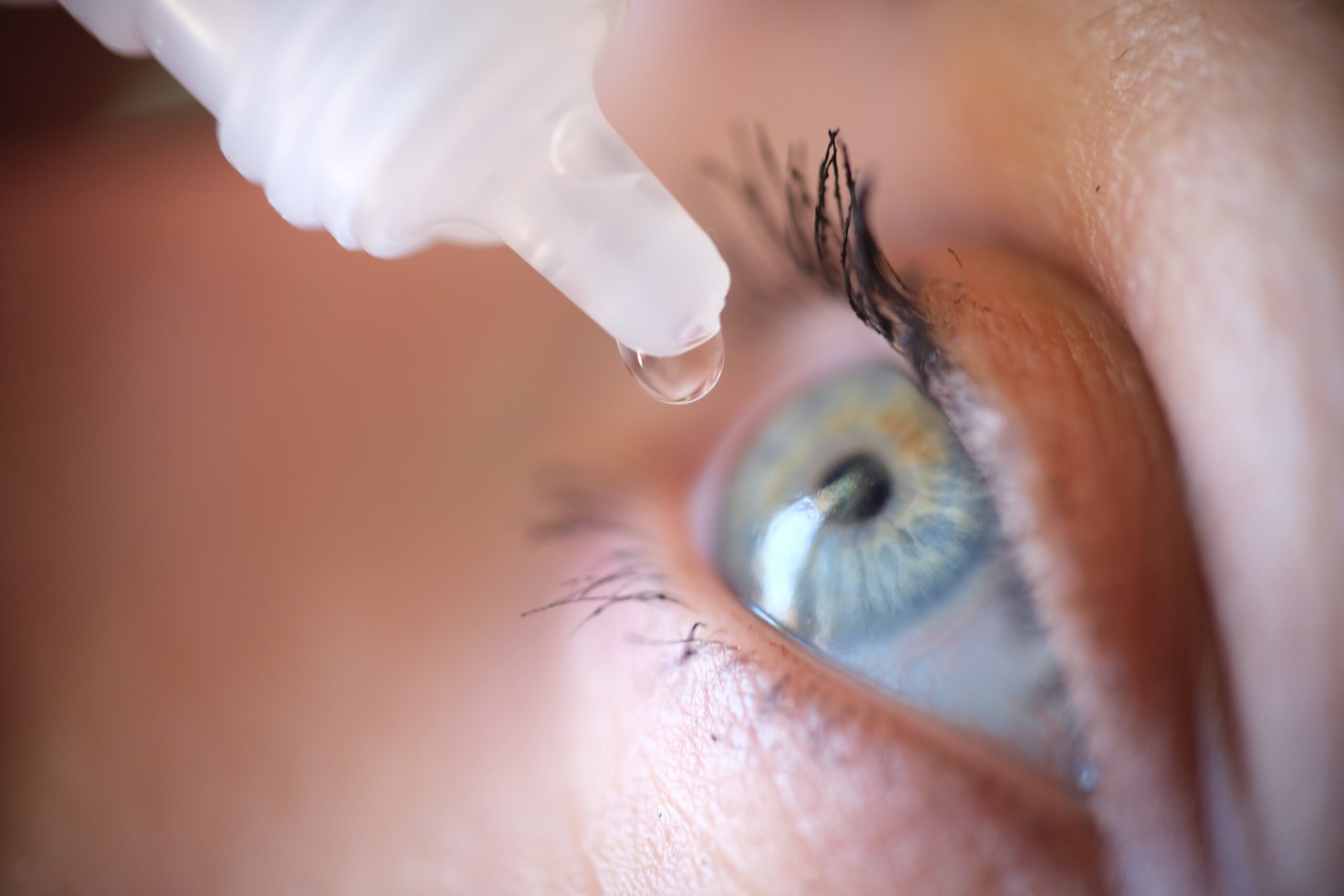
Health News
Features
-
It’s Time to Normalize Mental Health: Sponsored by Central Florida Health Care
Sponsored by Central Florida Health Care
-
More Nurses, Stat!
Central Florida Institutions Working Hard Today to Prepare the Nurses of Tomorrow
-
Hail to the Chief Nursing Officer
Kristen Smith Talks About Her Plans for BayCare Polk and Why Nurses Are Indispensable
Columns
-
Understanding Abdominal Aortic Aneurysm
An aneurysm is a weakening or dilatation in a part of an artery. About 15,000 people die of ruptured abdominal aortic aneurysm (AAA) every year in the U.S. About 200,000 new cases of AAA are diagnosed every year. Most of these are diagnosed by tests that are done for unrelated reasons. The aorta is the…
-
A Guide to Over-the-Counter Artificial Tears for Dry Eye
by Chelsea Hollier, O.D. Dry eye disease, also known as Keratoconjunctivitis Sicca, is a prevalent condition characterized by insufficient tear production (aqueous deficient dry eye) or poor tear quality (evaporative dry eye). It affects millions worldwide, leading to discomfort and irritation. Fortunately, over-the-counter (OTC) artificial tears provide relief and aid in managing symptoms. Dry eye…
-
3 Options for Thoracic Aortic Aneurysm Management
In the previous two columns, I discussed aneurysms that occur in the aorta situated in the chest cavity. In this article, I will explain the various types of treatment options available for those thoracic aortic aneurysms. In general, outcomes favor endovascular repair over open repair as open repair is associated with higher rates of morbidity…





